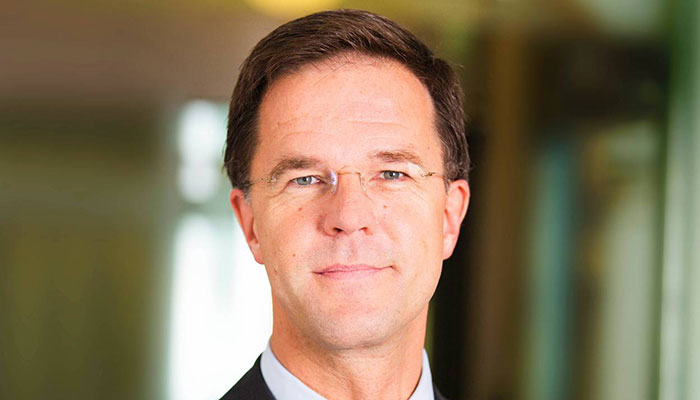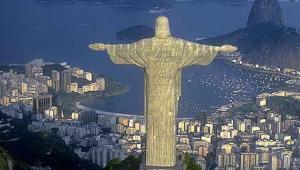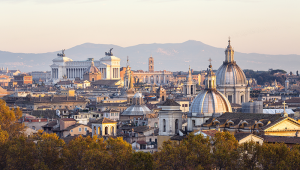markrutte_24867281236_a1013bfcce_o1.jpg

Mark Rutte, Dutch PM, VVD party. Credit: Ministerie van Buitenlandse Zaken
The incumbent prime minister Mark Rutte saw off the threat from the anti-islam populist Geert Wilders, who finished second but trailed behind Rutte’s 33 MPs with 20 seats.
Nearly 95% of votes had been counted on Wednesday morning, and while some major constituencies are yet to be called there are no major changes expected.
Rutte’s centre-right, liberal VVD party won by far the largest share of the Netherland’s 150-seat parliament. The Christian Democrat CDA and liberal-progressive D66 followed closely behind Wilders’ Freedom Party (PVV) with 19 seats each.
Europe breathed a sigh of relief as Rutte celebrated the Netherlands’ rejection of the “wrong kind of populism”.
In a letter of congratulations to Rutte, European Commission president Jean-Claude Juncker described the result as an "inspiration".
"The people of the Netherlands voted overwhelmingly for the values Europe stands for: free and tolerant societies in a prosperous Europe," he wrote.
Congratulations to my friend @markrutte for his clear victory yesterday night. Laten we samen bouwen aan een sterk #Europa! pic.twitter.com/euckESZkoo
— Jean-Claude Juncker (@JunckerEU) 16 March 2017
Politicians on both sides of the spectrum had been closely watching the outcome of poll, which was the first of a number of key European elections taking place this year. France will go to the polls next, with a presidential run-off that will finish in May, while German federal elections are due to take place in the autumn.
Riding the wave of anti-migrant sentiment, Germany’s anti-establishment Alternative für Deutschland is expected to gain some ground. In France, far-right party Front National’s Marine Le Pen is widely expected to make it into the one-on-one phase of the presidential race.
If she was to win, the impact would be just as seismic as Britain’s vote to leave the European Union and the election of Donald Trump to the White House.
The Netherlands has avoided that fate for now, and for some the vote derails what had at times seemed like an unstoppable wave of anti-establishment, inward-looking change.
But while Wilders’ PVV’s performance was “underwhelming”, Stephen Brown, European economist at analysis firm Capital Economics, noted that the balance of power in the Dutch parliament had still shifted in favour of the eurosceptic and nationalist parties.
He said this “calls into question the country’s commitment to further EU integration and measures to keep indebted countries inside of the bloc” with bailouts. Rutte’s party will need to form a coalition with another three or four parties.
This won’t include the PVV – all of the main parties agreed not to partner with them. Instead Rutte’s VVD, the CDA and D66 will likely form the core. They could invite either the centre-right Christian Union, the Green-Left party, or a host of other smaller centrist and left-wing parties to join them. Brown said a centre to centre-right coalition is more likely.







